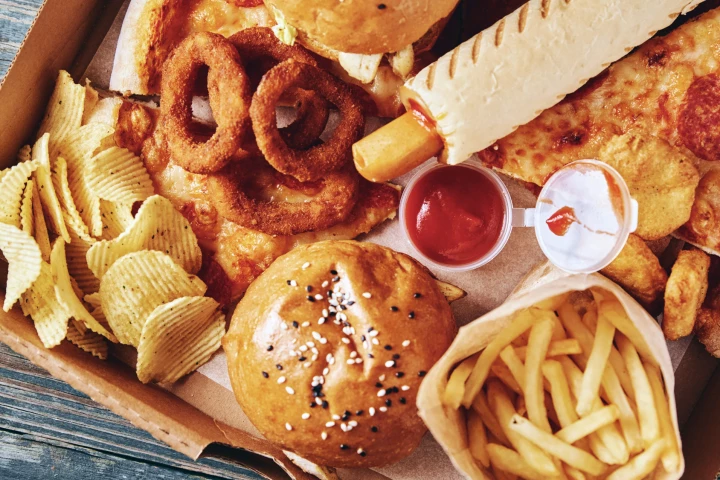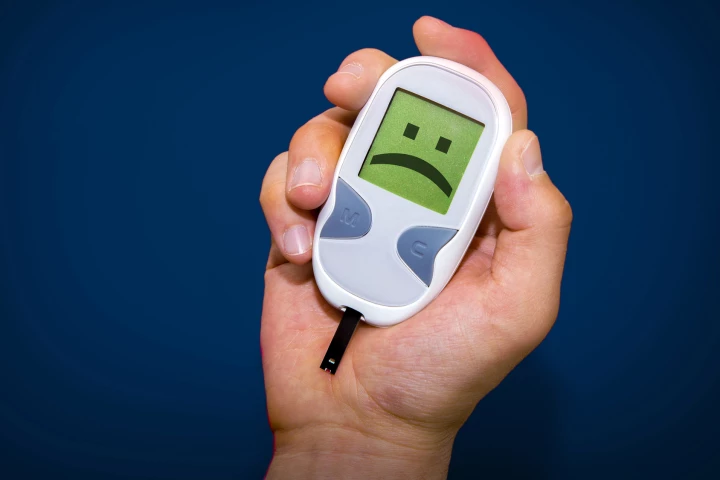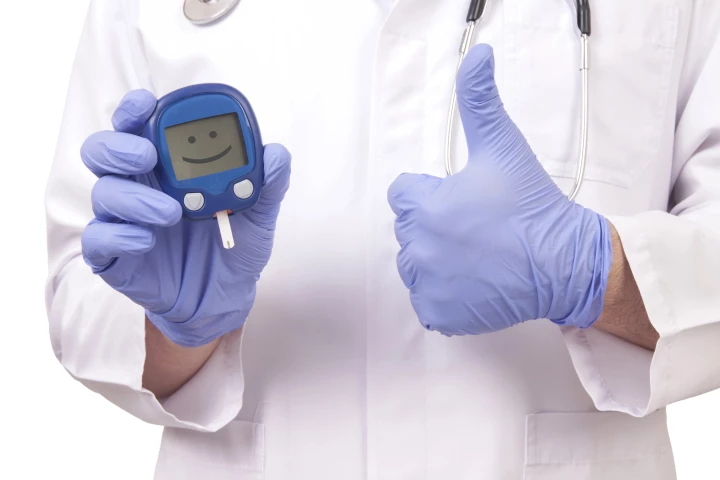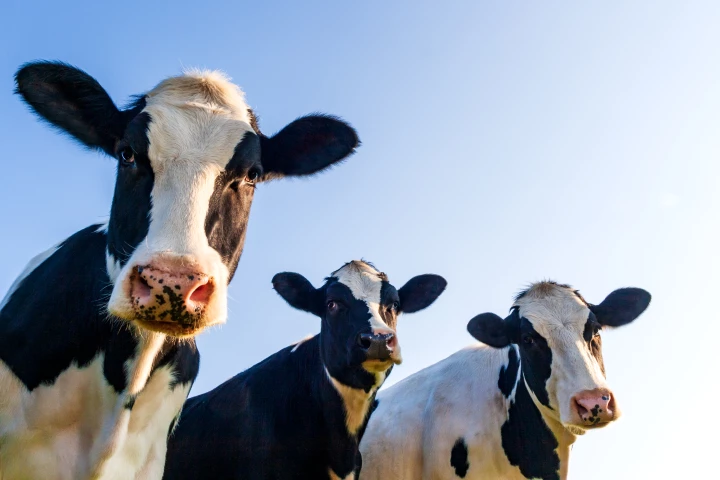Insulin
-
Eating a Western diet permanently affects insulin production and blood sugar control even after the diet is changed and weight is lost. The new research suggests that early intervention is needed to prevent permanent damage from diet-related obesity.
-
A small daily dose of kombucha made from black tea has been shown to meaningfully reshape the gut microbiome in adults – particularly those with obesity – without any dietary changes. It also reveals a lot about the importance of micro-biodiversity.
-
There's a growing body of evidence that gold nanoparticles can trigger significant weight loss that targets fat, without affecting muscles, plus heal organs and improve blood-glucose levels. A new study makes a strong case for the first-ever human trial.
-
An insulin that switches itself on and off in response to blood glucose levels has proven successful in lowering the risk of dangerously low glucose levels, or hypos, in animals. The drug holds great promise for the tens of millions of diabetics worldwide.
-
86% of type 2 diabetics treated with a new procedure no longer needed insulin throughout the two-year-long study they participated in. That procedure could be a real game changer for nearly half a billion people living with the condition worldwide.
-
A patient with type 1 diabetes has been functionally cured of the disease, requiring no insulin doses for over a year. The treatment involves growing and transplanting new insulin-producing cells from the patient’s own stem cells.
-
Clinical trials of a new, once-a-week insulin have shown that it controls blood sugar as well as daily injections of an existing long-acting insulin in type 1 and type 2 diabetics. This means that some diabetics may soon not need to inject themselves as often.
-
The beta cells of the pancreas don’t need the assistance of other pancreatic cells to produce insulin, according to new research. The findings are a potential game-changer for diabetics and challenge a long-held assumption about how the body produces insulin.
-
People living with diabetes might have a new hope. Scientists have tested a new drug therapy in diabetic mice, and found that it boosted insulin-producing cells by 700% over three months, effectively reversing their disease.
-
Some people produce more insulin in response to proteins and fats than carbs, new research has found. Suggesting that insulin production is more individualized than first believed, the findings pave the way for treating conditions through a tailored diet.
-
Diabetics sick of daily injections may have renewed hope for a less invasive alternative. Scientists at the University of British Columbia (UBC) have developed a new delivery method for insulin where users just place a few drops under their tongue.
-
A genetically modified cow has produced milk containing human insulin, according to a new study. The proof-of-concept achievement could be scaled up to produce enough insulin for all diabetics requiring the life-maintaining drug.
Load More











